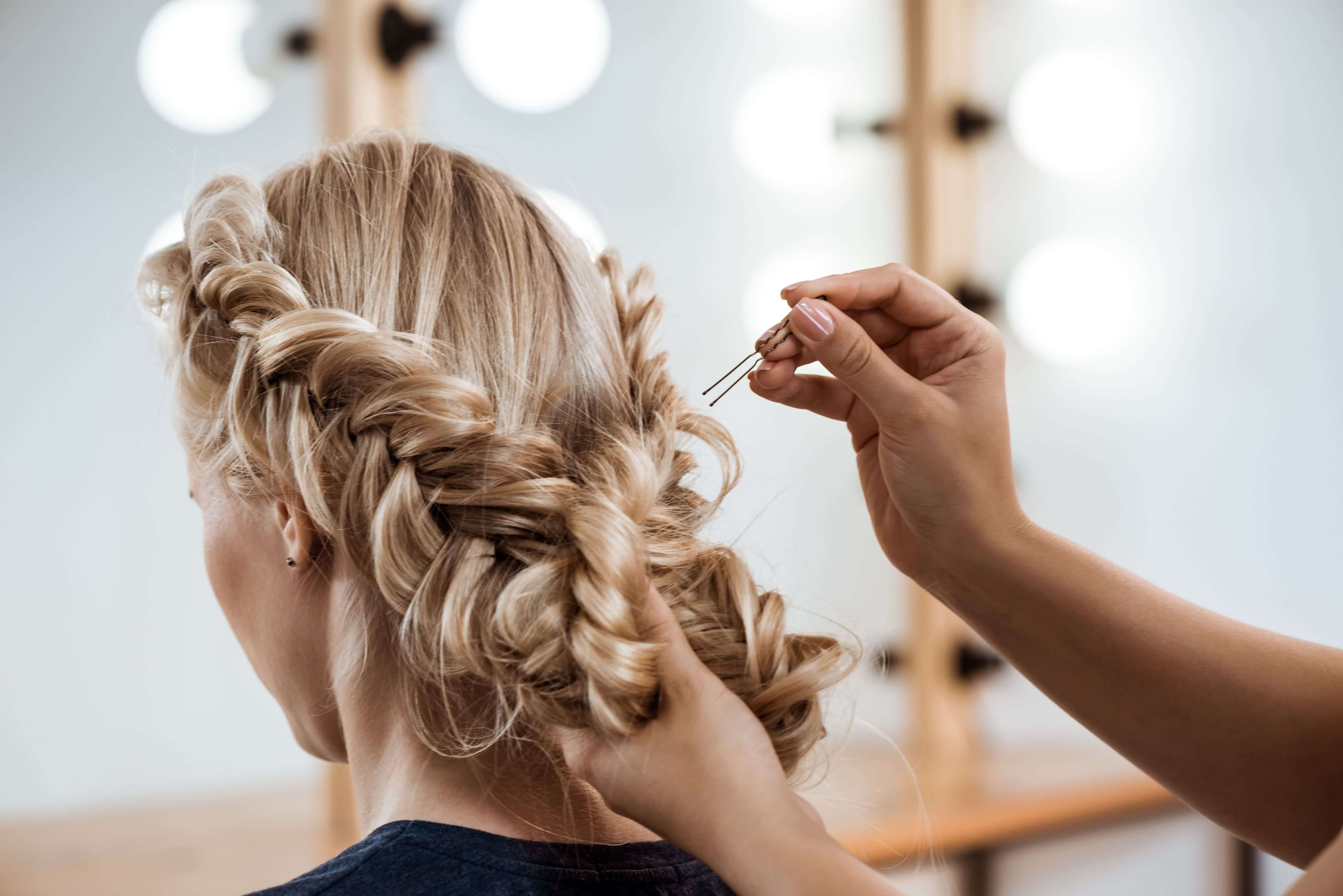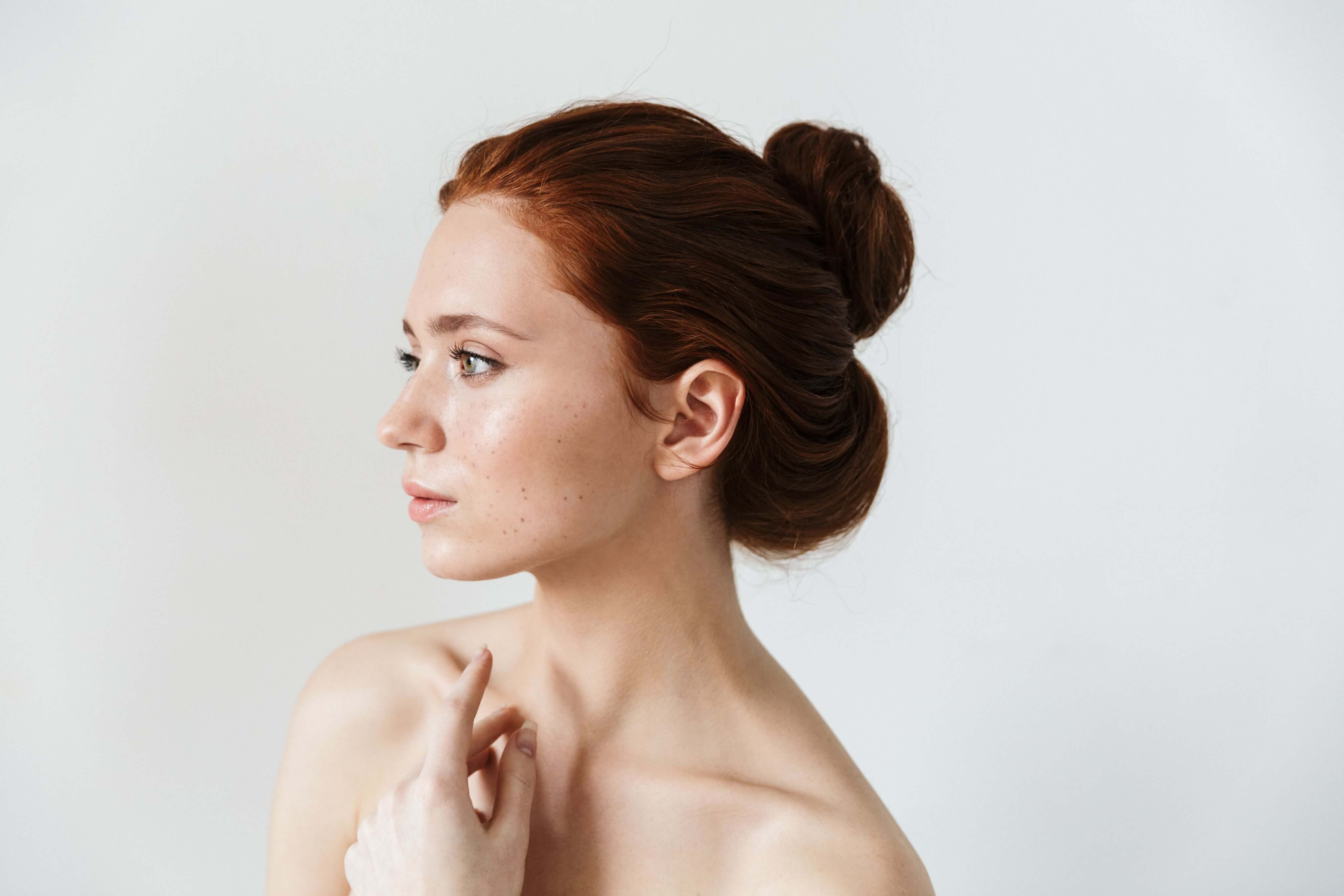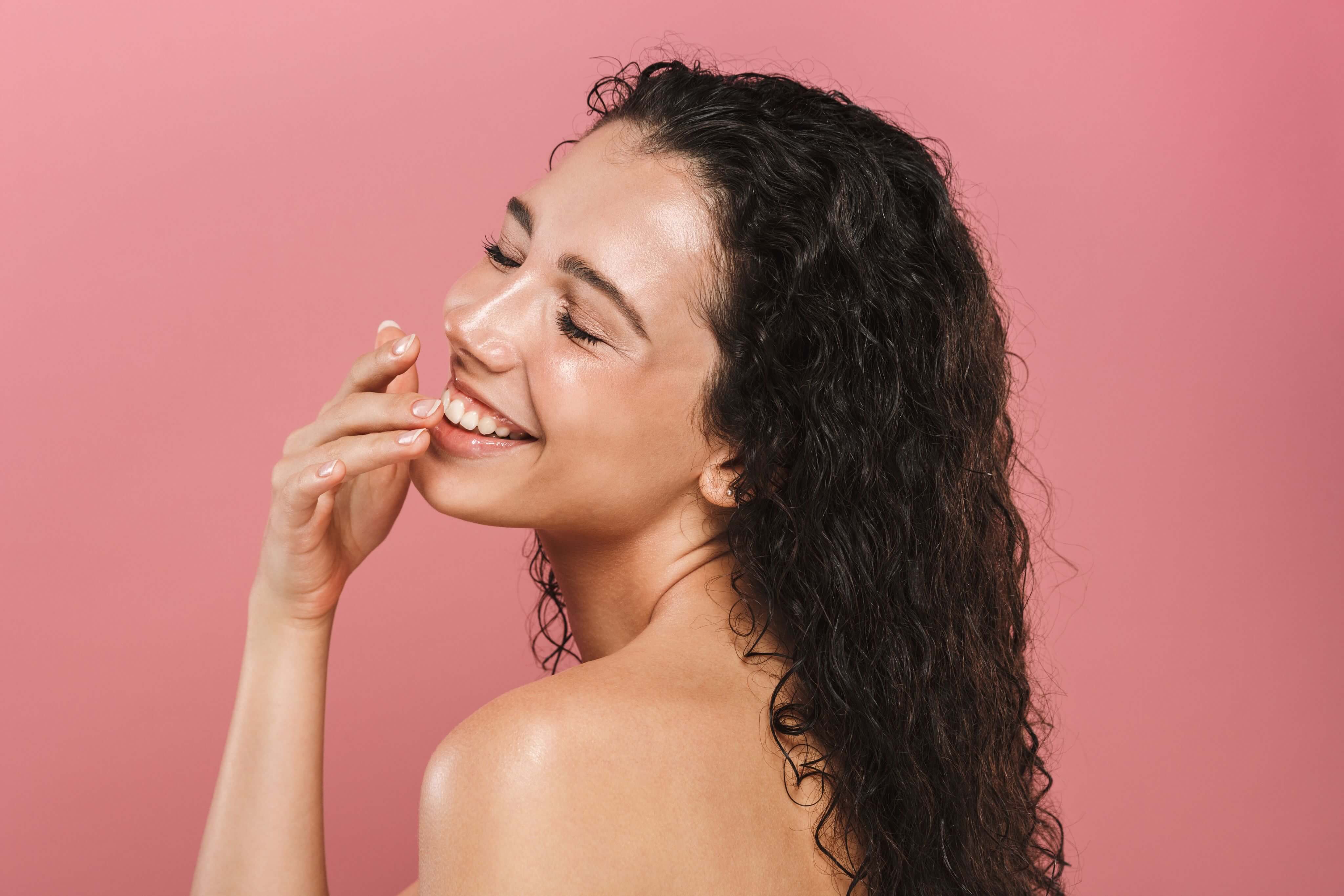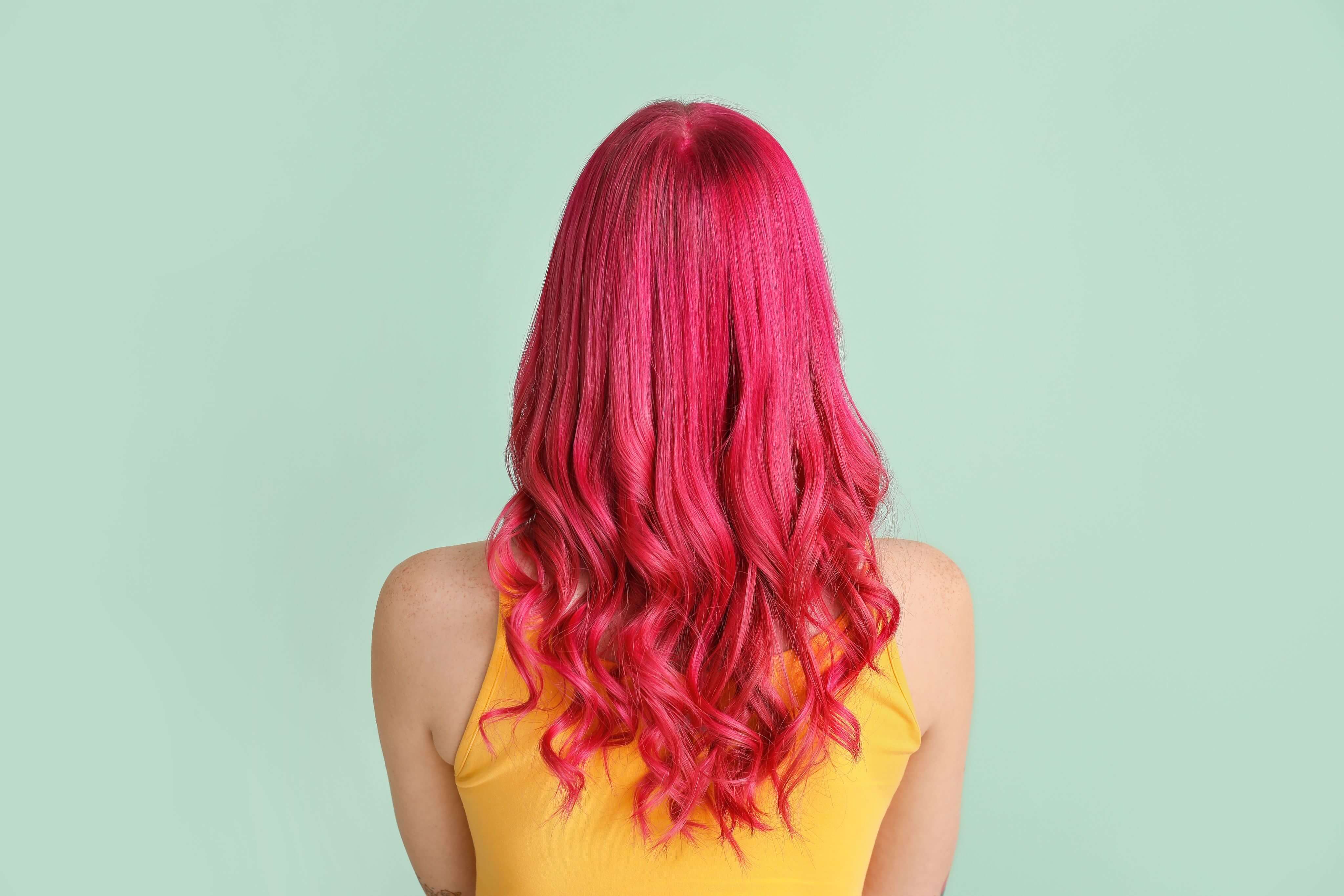Posts from the category Hair treatments
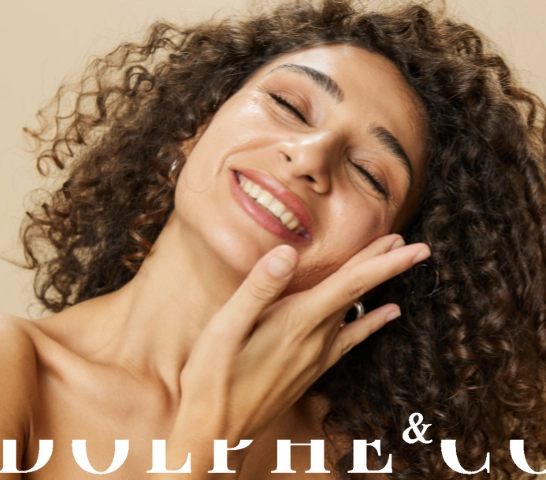
Shiny, strong, and vibrant hair — that’s a dream for many of us. You might try beauty products, treatments, and routines, yet see no lasting results. But have you ever considered looking at your plate? Our hair is a reflection of our health and well-being. A targeted, balanced diet can transform your hair from roots to ends. Today, we’re diving deep into the link between nutrition and hair health. We’ll discover the essential minerals and nutrients that serve as pillars of healthy, glowing hair and explore simple tips to adopt. Ready, set, eat! Why Does Nutrition Affect Hair Health? Hair is a complex structure, and to properly support it, we must understand its biology. Hair is mainly composed of a protein called keratin (responsible for strength and elasticity), water (which keeps it hydrated and flexible), and lipids (which protect the hair's outer layer). Hair grows in cycles — growth, rest, and shedding — and each phase requires specific nutrients to function optimally, renew, and stay strong. Many factors can disturb this delicate cycle: genetics, environment (pollution, stress, sun), and nutrition. Deficiencies are among the main causes of hair problems, leading to dullness, breakage, and even hair loss or alopecia. Key Nutrients for Healthy Hair Proteins: They are the building blocks of keratin. A deficiency leads to thinner, weaker hair and eventually hair loss. You can find protein in fish, eggs, lean meats (chicken, turkey, pork), or plant-based alternatives like lentils, beans, and tofu. Essential Vitamins Vitamin A: Encourages sebum production, which hydrates the scalp.It’s found in colorful fruits and vegetables like carrots, melons, tomatoes, apricots, and herbs like parsley. Vitamin B7/B8 (Biotin): Plays a key role in hair growth and keratin production. A deficiency weakens the hair fiber.Found in foods like eggs, avocados, and almonds. Vitamin C: Enhances iron absorption and protects hair from oxidative stress (UV rays, pollution, smoking, stress).Citrus fruits and kiwis are great sources of vitamin C. Vitamin D: Stimulates hair follicles and extends the growth phase.Produced through sun exposure, but also found in fatty fish and eggs.Minerals Iron: Vital for transporting oxygen to hair follicles. Deficiency can lead to hair loss.Rich sources: lentils, spinach, and red meat. Zinc and Selenium: Crucial for growth, keratin production, and scalp health.Found mostly in seafood.Essential Fatty Acids Omega-3 and Omega-6: They hydrate, strengthen, and add shine to hair. Found in fatty fish (salmon, tuna, mackerel), flaxseed oil, walnuts, and chia seeds.A Balanced Diet for Healthy Hair Healthy hair isn’t just about using the right products. Nutrition is a core factor in hair beauty and vitality. For strong, shiny, growing hair, your diet must be rich in essential nutrients and well balanced.The 5 Dietary Pillars for Healthy HairChoose unprocessed foodsEat a variety of fruits and vegetablesEnsure adequate protein intakeSelect whole grainsIncorporate healthy fatsSupplements: A Boost for Your Hair Your diet may not always provide every nutrient you need. That’s where supplements come in. Designed to complement your meals, they deliver concentrated doses of essential vitamins and minerals to enhance your hair’s health and beauty. They’re especially useful for:Nutrient deficiencies — even with a healthy diet, some nutrients can be hard to get.Persistent hair problems — like breakage, thinning, dullness; ingredients like keratin and biotin can help.Periods of stress or fatigue — supplements support the body and limit the impact on hair growth.Hydra-Hair: A Complete Hair Supplement Designed to support the hair, skin, and nails, Hydra-Hair includes rigorously selected ingredients:Marine collagen: Strengthens and improves hair elasticity.Amino acid complex: Supports protein synthesis and overall hair health.Natural keratin: Repairs and reinforces the hair fiber.A healthy, balanced diet is the foundation of great hair. It promotes growth, shine, and resistance. But when your hair needs a little extra “boost,” supplements can be a great ally — just be sure to consult a healthcare professional before starting any supplement.Haircare Habits to Adopt Beyond nutrition, daily habits are crucial for maintaining beautiful, healthy hair. A poor haircare routine can weaken strands and accelerate breakage. Here are some smart practices to adopt:Limit heat styling: Excessive heat damages hair. Let it air-dry when possible or use heat protection before styling.Reduce shampoo frequency: Frequent washing strips natural oils. Use a mild, natural shampoo and alternate with nourishing treatments.Hydrate and nourish regularly: Weekly hair masks or oil treatments (argan, coconut, castor) strengthen and protect hair.Brush gently: Aggressive brushing breaks hair and irritates the scalp. Use a wide-tooth comb or natural bristle brush, starting from the ends.Trim ends regularly: Even if you want to grow your hair, trimming every three months prevents split ends and keeps hair strong.Consult a hair professional: They’ll recommend cuts and care suited to your hair type while preserving its health.By combining a balanced diet with good hair habits, you give your hair the best chance to shine, stay strong, and radiate vitality!
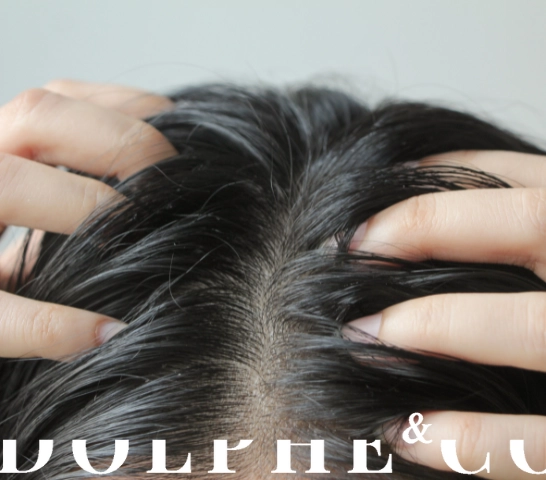
Sensitive scalp, hair loss, breakage… As a hairdresser, you're on the front line when it comes to noticing your clients' hair concerns and answering their questions. Beyond genetic issues, one of the main causes behind these problems is nutrition—specifically, micronutrition. Often overlooked, this key factor is essential for achieving vibrant, healthy hair. In this blog post, we’ll explore what micronutrition is, how it supports scalp health, and how you can turn this knowledge into a real asset in your salon.Understanding the Role of Micronutrition for the ScalpWhat is Micronutrition?Micronutrition is the branch of nutrition that focuses on micronutrients—one of the two main categories of nutrients, alongside macronutrients (proteins, fats, and carbohydrates). Micronutrients include vitamins, minerals, trace elements, and essential fatty acids. Though required in smaller amounts than macronutrients, they are no less essential for proper body function and healthy hair.Why Does the Scalp Need Specific Micronutrients?The scalp is the foundation of our hair—it’s where the hair follicles are located, responsible for hair growth. For the hair to follow a healthy life cycle, a sufficient supply of micronutrients is crucial. A lack of these nutrients—commonly known as deficiencies—can cause scalp dysfunctions such as oxidative stress, excess sebum, dryness, premature cell ageing, and even hair loss.Key Nutrients for a Healthy ScalpNow that we understand the importance of micronutrients for a healthy scalp, let’s take a closer look at the essential nutrients for strong, radiant hair.Essential VitaminsVitamin A: Found in carrots and sweet potatoes, it regulates sebum production and maintains scalp hydration.Vitamin B (Biotin, B9, B12): Promotes hair growth and prevents hair loss. Almonds and eggs are excellent sources.Vitamin C: A powerful antioxidant, it supports collagen production and iron absorption. Citrus fruits and bell peppers are rich in it.Vitamin D: Naturally sourced from sunlight and oily fish, it activates hair follicles and strengthens hair fibres.Essential Minerals and Trace ElementsIron: Helps prevent hair loss by improving blood flow to the scalp. Found in red meat and legumes.Zinc: Regulates sebum production and supports cell renewal. Shellfish and nuts are great sources.Selenium: Protects the scalp from oxidative stress and external aggressions. Certain mushrooms are rich in selenium.Fatty Acids (Omega-3 and Omega-6)They deeply hydrate the scalp and strengthen the hair fibre. Found in oily fish, flaxseed oil, and chia seeds.To provide your clients with all these essential nutrients, you can also recommend targeted supplements. Rodolphe&Co offers Hydra-Hair supplements, a unique formula that supports hair fibres, the scalp, skin, and nails.Identifying Visible Signs of Nutritional Deficiencies on Hair and ScalpHow to Spot a Nutrient Deficiency in a ClientUse a simple questionnaire about your client’s dietary habits and lifestyle. It’s important to consider their overall health, as certain medical conditions or treatments can affect scalp health.Here are the main visible signs of deficiencies that can appear on the hair and scalp:Excessive hair lossIron or zinc deficiencyDry, irritated scalp or dandruffEssential fatty acid deficiencyDull and brittle hairVitamin B complex or protein deficiencyOily roots and dry endsImbalance linked to zinc and vitamin B6 deficiencyIntegrating Micronutrition into Salon ConsultationsHow to Educate Clients Without Being a NutritionistOffer a holistic hair care approach: targeted shampoos + balanced diet. Explain the effects of nutrient deficiencies in simple, accessible language. Suggest a personalised routine based on the scalp’s needs.Highlight Natural and Nutrient-Rich ProductsPromote haircare enriched with essential nutrients to amplify the effects of micronutrition. Don’t hesitate to recommend Hydra-Hair supplements by Rodolphe&Co, which deliver concentrated nutrients to improve scalp health. These products are excellent companions to external treatments for optimal results.Are Micronutrition and Supplements Effective Solutions?During periods of stress, hormonal changes, or confirmed deficiencies, supplementation is highly recommended to restore the body’s nutrient balance.However, it's important to note that supplements are not substitutes for a healthy, varied diet. They should complement—not replace—a balanced diet and healthy lifestyle. Always follow the usage guidelines and check for contraindications.The Impact of Stress and Lifestyle on the ScalpIn addition to diet, stress and poor lifestyle habits can negatively impact scalp health. Chronic stress increases cortisol levels, which may lead to hair loss and worsen scalp inflammation.To counter this, encourage relaxation practices such as meditation, yoga, or deep breathing. Quality sleep and daily hydration are also key to preventing scalp imbalances.Towards a Healthier Scalp: Adopt the Right HabitsA healthy scalp reflects proper nutrition and a well-rounded care routine. Daily habits—like using nutrient-rich haircare and eating a balanced diet—are essential to avoid inflammation, itching, and hair loss.By incorporating micronutrition into your expertise as a hairdresser, you offer your clients a complete and caring approach to healthier hair. Don’t wait to make scalp nutrition a key asset in your salon !

22 July 2024
How to Stimulate Hair Growth
Genetics, diet, stress, and hair care—hair growth is a process influenced by many factors. But did you know that there are simple and natural tips to significantly boost hair growth? Today, let's explore how to stimulate hair growth to achieve the hair of your dreams without resorting to aggressive chemical products or treatments. The Importance of Hair Health Beyond aesthetics, hair health is essential for several reasons. The health of your hair can reflect your overall health. For example, dull hair or unexplained hair loss can signal nutritional deficiencies or hormonal imbalances. Hair also serves to protect your scalp from external aggressions such as UV rays and environmental elements (pollution, etc.). Unhealthy hair loses its protective role, leaving the scalp vulnerable to these aggressions.Aside from health concerns, healthy hair can enhance your overall appearance and boost self-confidence. That’s why it’s important to understand how to keep your hair healthy and stimulate its growth. Overview of Natural and Effective Methods to Maintain Good Hair Health There are several natural methods to care for your hair, maintain its health, and stimulate its growth. Here are some tips for healthy hair:A balanced diet rich in proteins, vitamins, and minerals.Use natural oils: Coconut, argan, or castor oil.Use gentle and suitable products such as masks and shampoos free from harsh chemicals.Perform hair care techniques like scalp massage.Maintain your hair by favoring regular but not excessive washing.By adopting these natural methods and maintaining a regular hair care routine, it is possible to keep your hair healthy, strong, and shiny while minimizing the use of aggressive products. Understanding Hair Growth Hair growth is a complex process influenced by various biological and environmental factors. It depends on the health of our hair follicles, the nutrients available, and the overall health of our scalp. To better understand, let's review the hair growth cycle and the factors that can influence growth. The Hair Growth Cycle The hair growth cycle consists of three main phases: the growth phase (anagen phase), the transition phase (catagen phase), and the resting phase (telogen phase).Anagen Phase: The growth phase, also known as the growing phase, lasts from 2 to 7 years (often shorter in men). The hair originates in the follicle and grows about 2 mm per week, or 15 cm per year. About 85 to 90% of your hair is in this phase.Catagen Phase: The transition phase where hair growth stops, lasting 2 to 3 weeks. The hair follicle shrinks and begins to detach from the dermal papilla. About 1 to 2% of your hair is in this phase.Telogen Phase: The resting phase or shedding phase, lasts between 3 to 4 months. During this phase, the hair remains “at rest” before falling out. Once this phase ends, the cycle begins again with a new anagen phase. About 10 to 15% of your hair is in the resting phase.However, various genetic or environmental factors can disrupt this well-oiled machine. Other Factors Influencing Hair Growth Genetics: One of the main factors that can disrupt the hair cycle is genetics. Hereditary traits play a significant role in determining the maximum length of hair, hair density, and growth rate. They also influence susceptibility to baldness or premature hair loss.Age: As we age, hair growth slows down, hair becomes thinner, and density decreases.Stress: Whether chronic, physical, or emotional, stress can cause temporary hair loss and disrupt the hair growth cycle.Environment: Prolonged exposure without protection to UV rays, pollution, or extreme weather conditions can affect hair health. It is important to use appropriate hair protection to maintain growth and stimulate it. Using Natural Hair Products Formulated from plant-based or mineral ingredients, we recommend using products free from synthetic and aggressive chemicals such as sulfates, silicones, and artificial dyes. Here are some natural hair products to include in your hair care routine:Rodolphe&Co High Nutrition Shampoo: Composed of inulin extract, a natural conditioner that avoids the need for silicone, this gentle and nourishing cleansing solution is ideal for keeping hair healthy.Botanical Oil: Containing five organic oils—argan, sweet almond, avocado, macadamia, and sesame—it can be used as a hair mask, daily application for shine, hydration, and UV protection, or paired with the High Hydration Mask as a deep conditioning ritual.High Hydration Mask: Formulated with nacre extracts, it deeply hydrates your hair while acting as a hair-strengthening treatment. Use 1 to 2 times per week for optimal results. Rodolphe&Co: Dermo-Specific Serums In cases of significant hair loss, early-stage or mildly developed baldness, the Dermo-Chute Serum stimulates hair growth and densifies the hair. Patented with AgaGain, this serum activates molecules at the core of the dermal papilla capable of initiating a new hair growth phase. Tested on a panel, 75% of volunteers reported an increase in hair density in the anagen phase, and 85% reported a decrease in hair loss in the telogen phase. Customer Testimonials Josseline: “Contrary to my expectations and despite my doubts (first unexplained significant hair loss), the serum, after a month and a half of treatment, is incredibly effective. (Small drawback: it was difficult at first to measure the small dose for each day).”To learn more about the Dermo-Chute Serum and its usage conditions, click on the product page.As you can see, achieving the hair of your dreams is within reach! By adopting a natural hair care routine and taking care of your overall health, you can significantly stimulate your hair growth.
Learn
together
